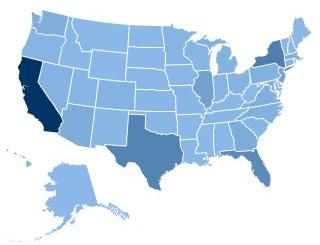Published on Fri, Dec 02, 2011
Some right-wing critics of Republican presidential candidate Newt Gingrich have it all wrong when they claim that his immigration plan is "amnesty" -- the code word for a path to citizenship.
Others, however, have pegged it right. The Gingrich plan would be closer to indentured servitude or semi-serfdom.
Dan Stein, president of the anti-immigration Federation for American Immigration Reform, described the Gingrich plan as a "modern-day form of slavery." The plan, he said, is an "effort to create a stratified labor force that provides wealthy employers with a way to get employees at below-market rates."
Pro-immigration groups agree. Mary Giovagnoli, director of the Immigration Policy Center, says that the Gingrich plan "virtually guarantees that we create second-class status for workers and their families -- lawful, but with no real rights."
That some are calling the Gingrich plan "humane" shows just how far this country has shifted on immigration.
The core of the Gingrich plan is privatization and expansion of the nation's guest worker program. A new path to citizenship is not part of the Gingrich plan at all.
Certainly, Gingrich has identified a real problem that cries out for solution: Current visa quotas are much lower than demand for workers.
Legal visas are limited to 66,000 a year for unskilled nonagricultural workers (H-2B); to 65,000 for high-skilled workers (H-1B) That's a joke. The U.S. government issued only 150,000 visas for farmworkers (H-1A) in 2009, a small fraction of the estimated 1.5 million foreign farmworkers in the United States.
But rather than fix that system, the Gingrich plan is to throw open the floodgates for employers to hire, on an unlimited basis, workers from other countries.Read more...
Published in the Sacramento Bee



